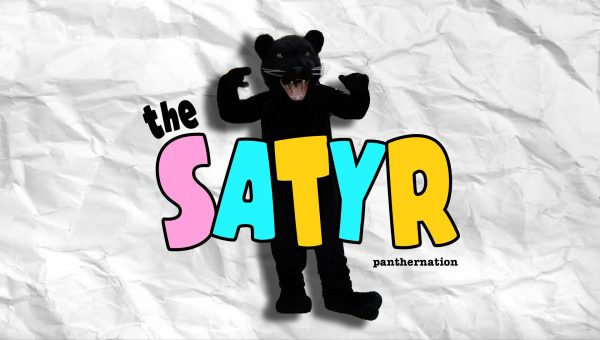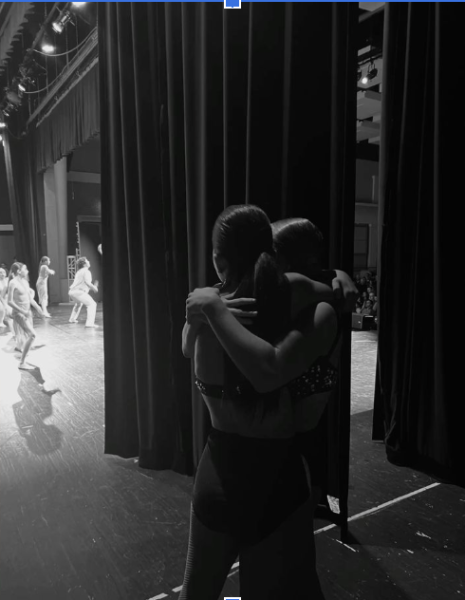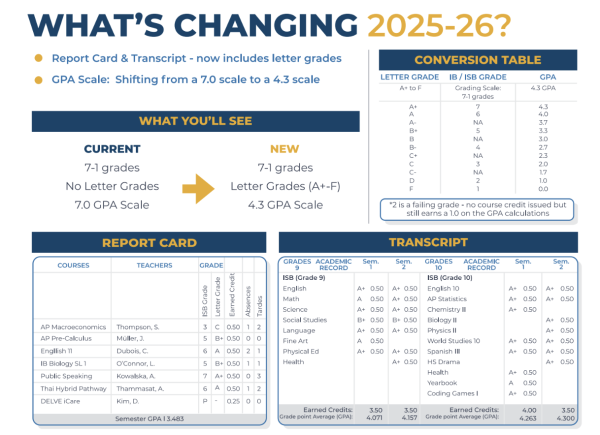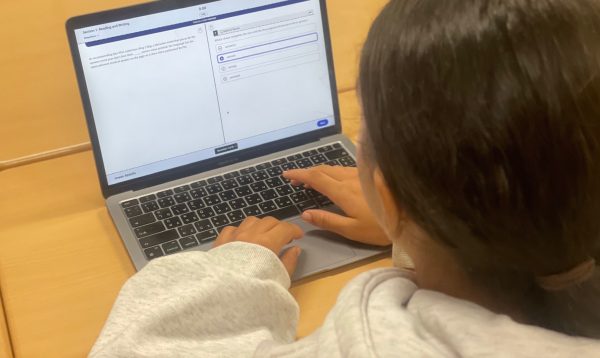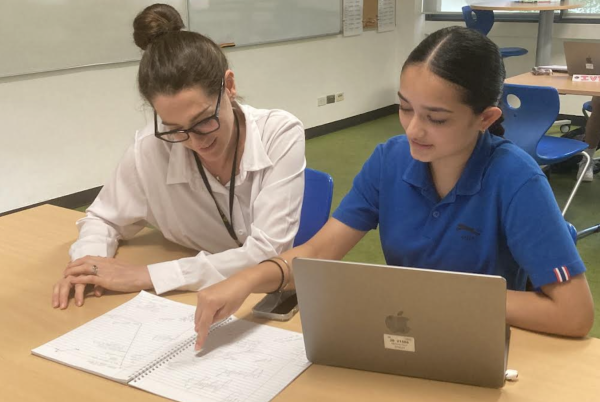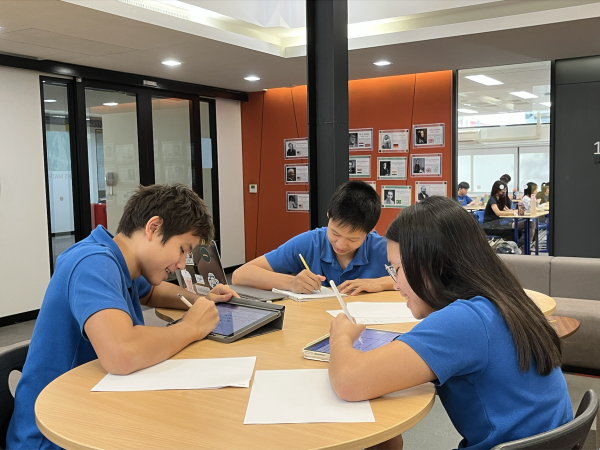How to Study Smarter Not Harder
They say your body has a way of forgetting past trauma. It sweeps your psyche clean of experiences that cause you a great deal of sadness or pain. As exam season rolls around, you may have forgotten exactly what chronic sleep deprivation and rapid fire project assignment feels like. It is easy to find yourself losing traction on the ground as work piles on. You may even feel that you are spending the better part of the hours in a day trying to unpack poems or memorize complicated formulas.
What if I told you there was a way to study and take some time to catch up with friends or watch an episode of your favorite TV show?
Professionals call it the effective study technique. I call it studying smarter not harder. If you would like nothing more than to kick your feet up for just a second and relax in the midst of a flurry of assignments and tests, keep reading.
Peer Teaching
Trying to explain how something works in a manner that is graspable for someone else proves exceptional understanding. To be a teacher you have to know a bit about the subject you are teaching. You will find yourself repeating yourself and trying to express what you know in a different way even playing into the transfer skill most exams aim to test students on.
Take Breaks
It’s funny that the very point of these study techniques is effective in itself. According to the Atlantic, 17 minute study breaks should be taken for every 52 minutes of studying to reach “perfect productivity” and improve focus by raising your endorphin levels. The study also mentions that there are activities you can take part in during your break that will make your studying even more successful. These include: talking to a friend, taking a walk, or getting a snack. Try and avoid taking a nap or consuming excessive amounts of caffeine during these study breaks. Taking a short rest can actually dent your productivity and make you even more tired. Caffeine will provide a fake feeling of stimulation and you will eventually hit what is known as “the wall” and find yourself unable to keep your eyes open. Taking advantage of the “break” technique will mean less time wasted staring blankly at the same line on the textbook page, taking approximately 8% of it in.
Review Periodically and Avoid Cramming
Procrastination plagues even the most brilliant of minds. Oftentimes, people who thrive in an academic environment live by the phrase, “diamonds are created under pressure”. However, cramming leads to the misinterpretation and inability to store away information effectively. Breaking studying up into short periods over an extended amount of time means fewer consecutive hours spent perched over a textbook or going through Quizlet sets.
Refrain from Multitasking
You will always meet a few fine individuals who will boast their multitasking capabilities. But, those that are unable to spread their attention across a variety of topics at once, are more effective studiers. Put your phone away. This doesn’t mean turn it face down on the table next to you. Put it in your drawer or bag where you can’t see it. Then you won’t be tempted to check up on social media or poke fun at Trump’s most recent tweets. Furthermore, studying for multiple subjects at once does not make you proactive, it makes you confused and susceptible to the irreversible mixing of subject information.
Study Aloud
Although rather obnoxious and annoying for the people around you, Science Daily reports that “learning and memory benefit from involvement”. Speaking your subject material aloud is similar to rereading your english essay aloud to truly hear the mistakes. Although reading is an effective way of intaking information, your brain must completely process and understand the content before you are able to put it in words. If you feel uncomfortable talking to yourself, ask someone to sit there and passively listen.
Handwrite Notes
You have probably heard it at least once in every single one of your classes, but it is a skill truly underestimated. Mental Floss shares that writing something down puts the information through a processor of sorts and ultimately etches it into your mind.
Remember to breathe! The work you have been doing throughout the entirety of the year has prepared you for the exam and studying is just a way to reestablish it in your mind.




